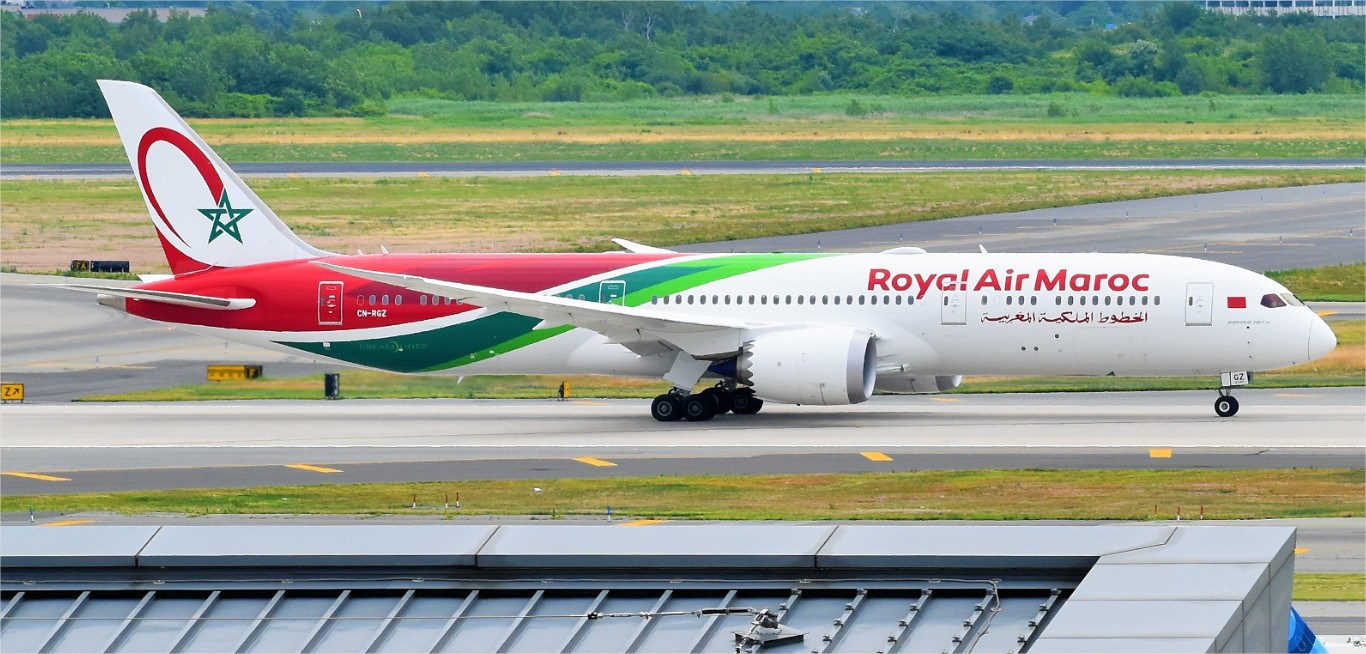As budget airlines continue to gain ground in global aviation, Royal Air Maroc is charting a very different course. Speaking on CNN’s “Quest Means Business,” the airline’s CEO, Abdelhamid Addou, laid out a strategy that sets Morocco’s national carrier apart—not by slashing prices, but by doubling down on passenger experience and a firm foothold in Africa.
“We face over forty competitors in Morocco alone,” Addou told host Richard Quest. “To survive, we had to invent a new model and create a market of our own.” He credits the company’s teams for successfully driving this transformation, which he sees not just as a response to competition but as a reinvention of the airline’s role.
Instead of competing in the brutal low-cost, point-to-point fare wars, Royal Air Maroc has concentrated its efforts on developing its African network—a sector it sees as offering more sustainable growth. On direct routes, the airline aims to stand out not through price but through service, betting that quality will outlast cost-cutting in the long run.
Addou described the airline as an extension of Morocco itself. “The moment you step on board one of our planes, you feel the country and its culture,” he said, emphasizing that the onboard atmosphere is designed to deliver a full cultural experience. In his view, travelers are willing to pay more for comfort, warmth, and a sense of connection. “An airplane is often the first impression someone gets of a country. It needs to live up to that responsibility.”
Looking ahead, the airline plans to expand further into the Americas by leveraging its links to diaspora communities. Royal Air Maroc sees great potential in strengthening connections between North and South America and Africa, with Morocco’s geographic location offering a strategic bridge between continents.
That ambition, however, comes with financial demands. Addou acknowledged that one of the airline’s current challenges is maintaining consistent service levels between long-haul and mid-haul routes. While the company’s Dreamliners offer high-end comfort, especially in business class, its Boeing 737s—often used for shorter routes—still lag behind. To close the gap, RAM is investing in upgrading its 737 fleet, including adding lie-flat beds in business class. It’s a costly move, but one the CEO sees as essential to meeting rising passenger expectations.
“People expect a level of service that matches what they pay,” Addou said. “That’s why we need to invest in our product—and we’ve already begun.”
